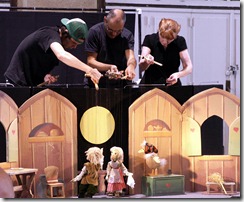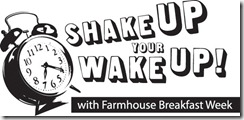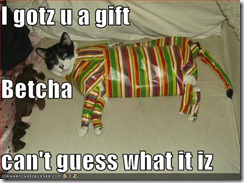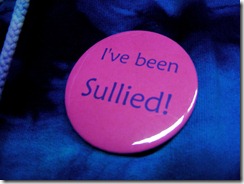Fiction-Zone: Leaps in Fiction Mastery by Diane Holmes, Chief Alchemist of Pitch University
In the next two articles, we’ll look at some diagnostic tools you can use to help improve your pacing.
* * *
Pacing is hard to study.
And there’s a good reason for this. Pacing is about the reader’s experience of your story. And who are you? Not the reader. Yeah, you’re just the writer. 😉
Your concerns as a writer don’t actually translate into reader experience. Let me give you a couple examples.
Example #1:
Writer: “I want to create a three-dimensional protagonist the reader can root for.”
As the reader is flipping pages, the reader doesn’t have the corresponding question, “Is this character 3-dimensional? Yes. Oh, goodie, I’ll keep reading.
Example #2:
Writer: “I want to build an understanding of what a certain character’s life is like before tragedy strikes so that the reader understands why this is a big deal.”
The reader, again, does not have a parallel question, “Do I understand character’s normal life so I can fully experience what has changed? Why, yes, I do. Awesome.”
The Problem
Like a puppeteer pulling strings from behind a curtain, as the writer, you only know what you hope your audience will experience. You can’t see your audience’s reaction. You don’t know if they’re leaning forward in anticipation or bored our of their gourd.
That’s a pretty big disconnect. Suddenly it’s like a deep chasm has opened up between you and your creation. It’s not you separated from your reader. It’s you separated from your own writing
This is where Storytellers have a much easier time. They’re out there in front of their audience, engaging them in story. They have the advantage of immediate feedback. Immediate reality. Immediate success or failure. Continue reading How Do You Know Your Pacing is Working? Part 1







